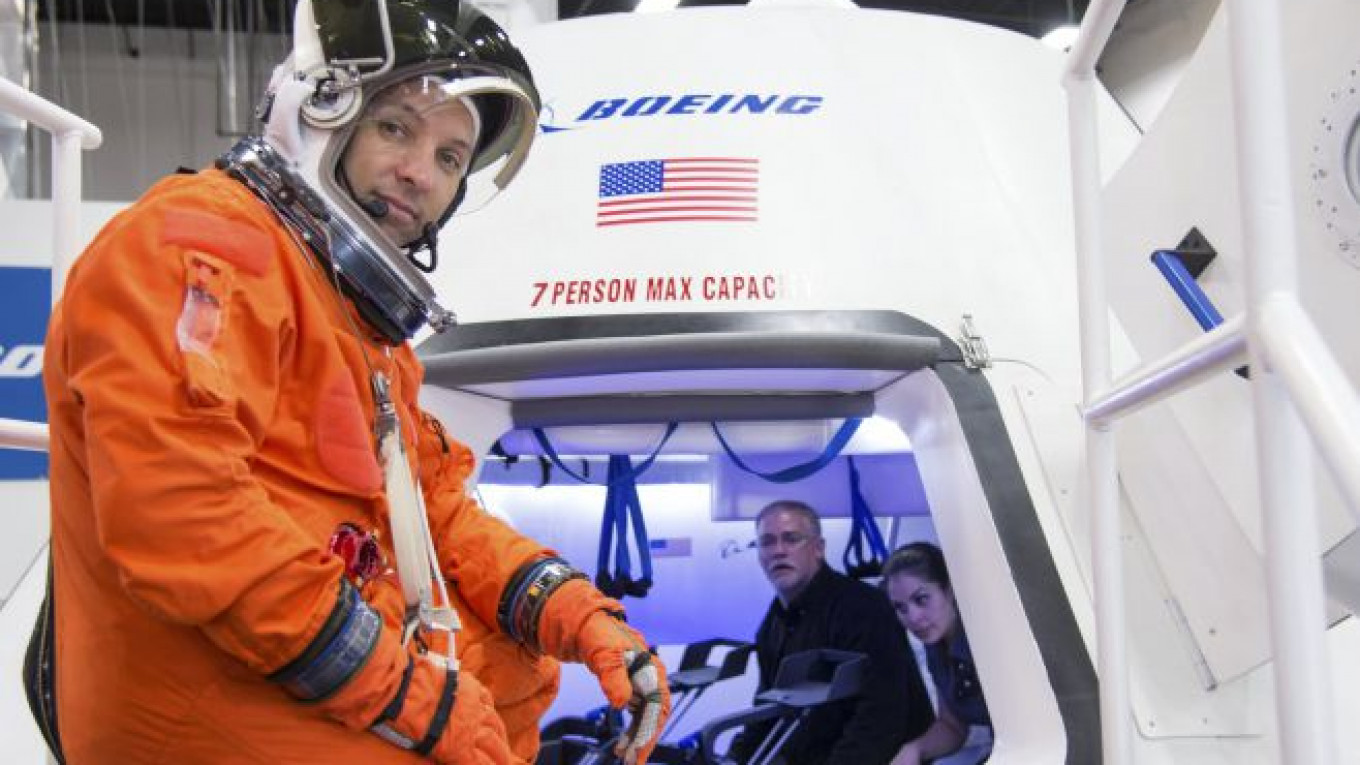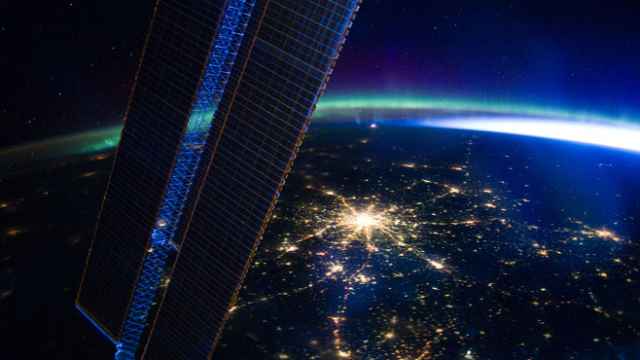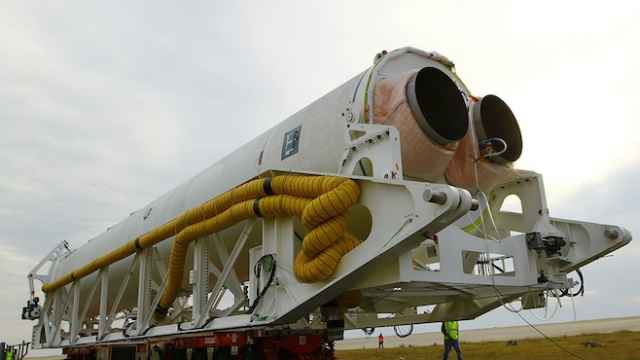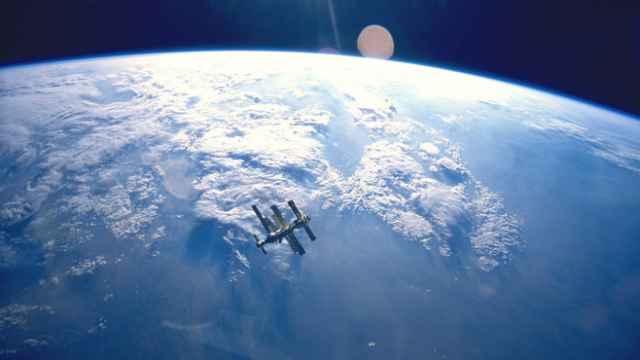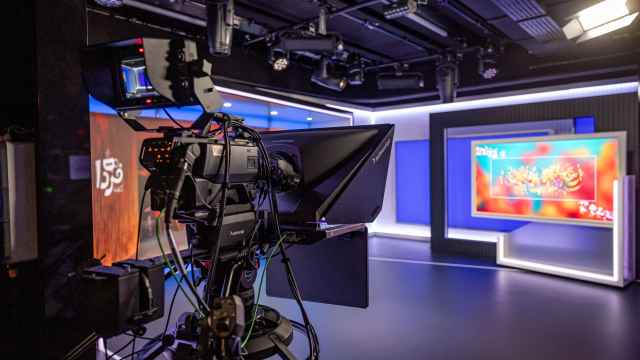CAPE CANAVERAL, Florida — NASA expects to save millions of dollars sending astronauts to the International Space Station, once its commercial crew program starts flying in a couple of years.
SpaceX and Boeing said Monday that they are on track to carry out their first manned test flights to the space station in 2017. NASA chose the two private companies last September to transport American astronauts to and from the orbiting lab.
U.S. manned launches ended with the retirement of the space shuttles in 2011. Until SpaceX and Boeing begin flying crews from Cape Canaveral, NASA astronauts must continue to hitch rocket rides with Russia.
NASA's commercial crew program manager, Kathy Lueders, said the average price for a seat aboard the SpaceX Dragon and Boeing CST-100 capsules will be $58 million. That compares with $71 million a seat charged by Russia under its latest NASA contract.
"I don't ever want to have to write another check" to the Russian Space Agency after 2017, said NASA Administrator Charles Bolden, a former shuttle commander.
"If we can make that date," he said, referring to 2017, "I'm a happy camper."
Unlike the Russian charge, the $58 million per-person cost estimate includes a fair amount of cargo to be flown aboard the SpaceX and Boeing spacecraft, along with four crew members. That price tag is based on a five-year period, Lueders said.
The Russian Soyuz holds a maximum of three people, with at least one a Russian to pilot the craft.
SpaceX President Gwynne Shotwell said the future enhanced Dragon capsule could carry five astronauts — one more than NASA's stipulated four — and still meet all the cargo requirements.
The Hawthorne, California, company, led by billionaire Elon Musk, was the space station's first commercial shipper. It's been successfully delivering supplies since 2012 with the Dragon. Virginia's Orbital Sciences Corp., NASA's other contracted supplier, has grounded its rocket fleet following a launch explosion last fall.
Lueders said the plan is to have two "robust providers" for crew transport, in case one of them ends up grounded by technical problems. NASA awarded SpaceX $2.6 billion for crew transport, while Boeing got $4.2 billion. Each is to provide two to six missions.
Boeing's vice president and general manager for Houston-based space exploration, John Elbon, said an unmanned test flight of the CST-100 capsule in 2017 will be followed a few months later by the first crewed test flight. That first manned mission will include one Boeing test pilot and one NASA astronaut, he said.
A Message from The Moscow Times:
Dear readers,
We are facing unprecedented challenges. Russia's Prosecutor General's Office has designated The Moscow Times as an "undesirable" organization, criminalizing our work and putting our staff at risk of prosecution. This follows our earlier unjust labeling as a "foreign agent."
These actions are direct attempts to silence independent journalism in Russia. The authorities claim our work "discredits the decisions of the Russian leadership." We see things differently: we strive to provide accurate, unbiased reporting on Russia.
We, the journalists of The Moscow Times, refuse to be silenced. But to continue our work, we need your help.
Your support, no matter how small, makes a world of difference. If you can, please support us monthly starting from just $2. It's quick to set up, and every contribution makes a significant impact.
By supporting The Moscow Times, you're defending open, independent journalism in the face of repression. Thank you for standing with us.
Remind me later.


